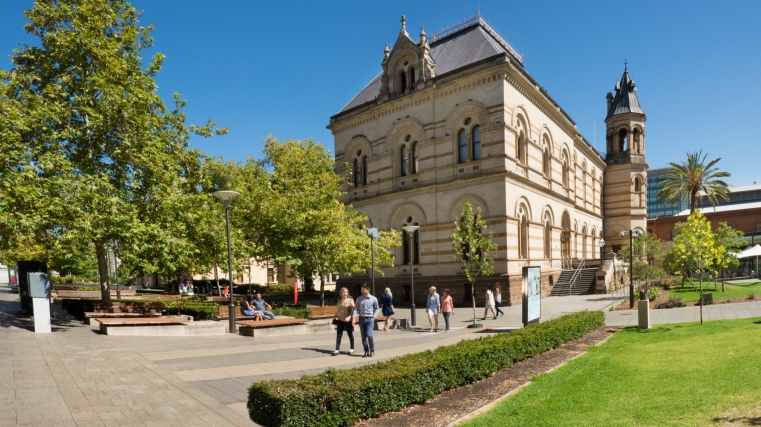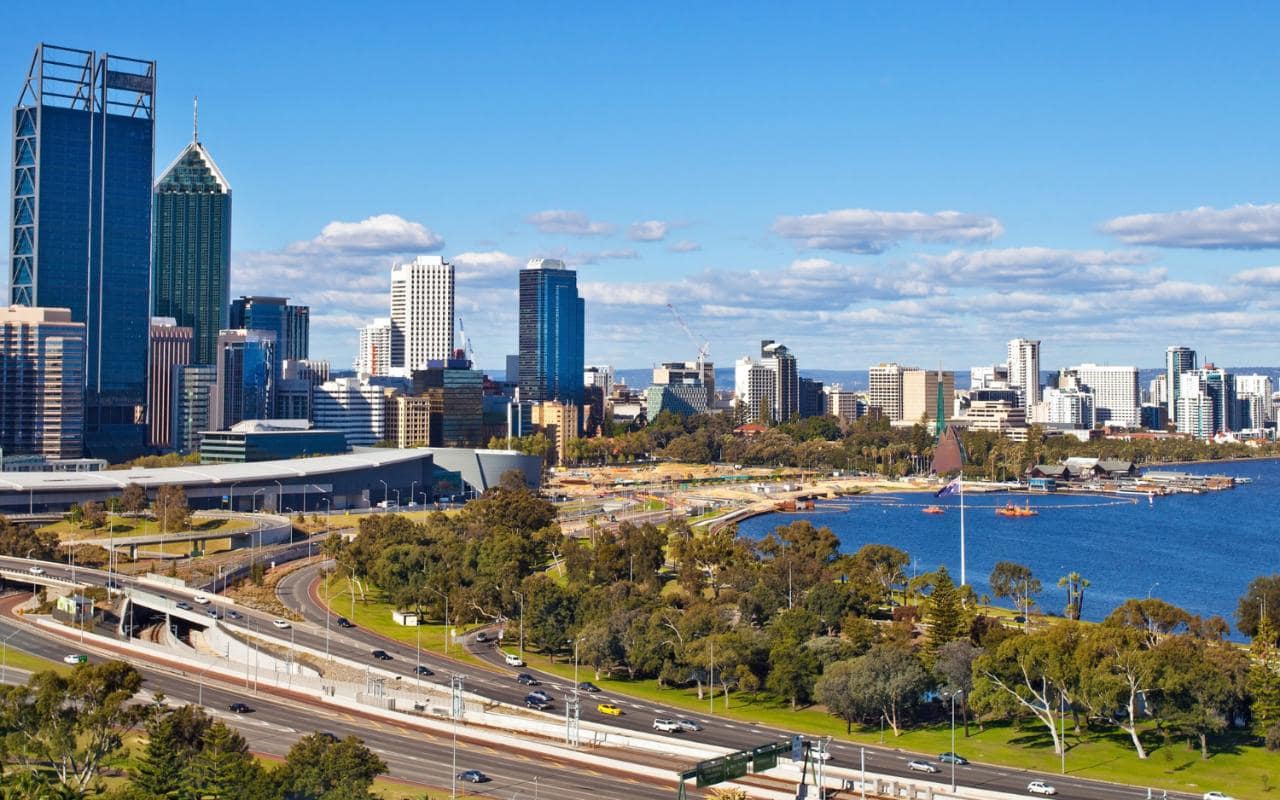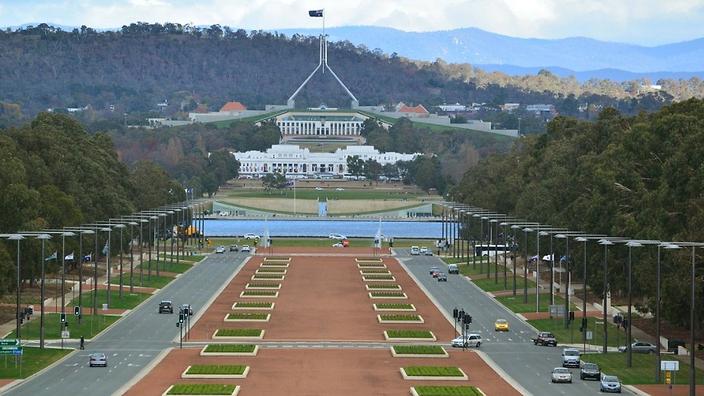Table of Contents
Planning for a UK Student Visa involves more than just paying tuition fees. Alongside your visa application and student accommodation in UK, there are other expenses that students often overlook. From professional guidance to everyday personal spending, these “hidden costs” can add up quickly. You need to plan everything in advance.
In this guide, we will talk about what are the things students going to UK should budget for. The aim is to remove unnecessary financial stress later. So, let’s begin.
Visa Application Costs
Sorting out your UK Student Visa is not just about filling a form and waiting for approval. It comes with some certain fees. Some of these are fixed, while others depend on where you are applying from or what documents you need. And in this case, the last thing you will want is to arrange for extra cash halfway through the process.
Here is what usually pops up on the bill:
- Application Fee: The student visa itself comes with a fixed fee of £524. It is straightforward, but students often forget to add it to their overall budget.
- Immigration Health Surcharge (IHS): This one stings a little as it has to be £776 per year and must be paid upfront. On the bright side, it covers your NHS healthcare while you are in the UK.
- TB Test: If you are applying from certain countries, a TB test is mandatory. It has to be done at a Home Office approved clinic. And the price usually falls between £65 and £120. Not glamorous, but necessary.
- Biometric Enrolment Fee: Fingerprints and photos are not free. Depending on your application process, you might be charged a biometric enrolment fee. It is not huge, but it is worth considering.
- Translations: Got documents that are not in English? You will need certified translations. Costs vary as sometimes they are per page and sometimes per document. It will add up if you are translating academic certificates, transcripts, or even your birth certificate.
Living Costs
Getting your UK Student Visa is not just about paperwork. It is also about proving you can actually afford to live there. You will need to show you have got enough money saved up. And it is not just rent but also for food, travel, and the odd coffee run. Following are the key cost of living in UK you will need to budget:
Funds Required for Living: The Home Office sets a minimum amount you must hold in your bank account:
- £1,334/- month if you are living and studying in London
- £1,023/- month if you are studying outside of London
Student Accommodation: One of the biggest chunks of your living costs go into student accommodation. Now the prices for this will vary on preferences. It depends on the city and what type of housing you are picking up.
Study-Related Costs
Beyond just living expenses and your UK Student Visa, there are study costs that can creep up if you don’t plan. Some are obvious, like tuition, while others like lab coats can catch students off guard.
Here is what you will want to consider into your budget:
- Tuition Fees: This is usually the biggest on your budget sheet. Fees vary depending on the university and course. For example, medicine and engineering programs often cost more than humanities courses. The best move? You should check the exact fees for your program early on. It will help you remain aware of what you are signing up for.
- Course-Specific Supplies: Not all degrees cost the same. You might have to go out of your way to buy supplies for your course. And when you look at these extras individually, they are not huge. But they can add up quickly over the semester. So, if you budget for them in advance, this will make a big difference.
Other Potential Costs
Even with tuition, visa fees, and student accommodation in UK sorted, there are still smaller expenses that can come up out of nowhere. These may not seem urgent at first, but they can impact on your budget if you leave them unplanned. Think of these as the “hidden extras” that every international student should keep in mind:
- Professional Guidance: Some students prefer getting help from consultants to make the process smoother. While this can save time and reduce stress, it comes with an extra fee. It is worth considering only if you feel you need that extra support.
- Travel: This one goes beyond your flight ticket to the UK. You will also need to think about airport transfers, trains, and buses. Over time, these costs add up. So, you should include them in your planning.
- Personal Expenses: This one is a very flexible option in your budget. And the easiest way to overspend on. From eating out with friends to shopping, these personal expenses vary widely for each student.
Conclusion
Tuition, visa fees and student accommodation take up most of your budget. It is the smaller, often ignored costs that gives you a surprise. So, you should keep your travel and personal expenses aside. This will ensure you are financially prepared for everything. Careful planning not only helps you secure your UK Student Visa smoothly, but it also lets you enjoy your academic journey without constant money worries.
Frequently Asked Questions
How much funds should I show for a UK student visa?
The funds required depend on where you plan to study. You will need:
£1,483/- month (for up to 9 months) if your course is in London.
£1,136/- month (for up to 9 months) if your course is outside London.
How much money is required for a UK student visa?
Here is an estimated breakdown of money that is required for UK student visa:
Visa Application Fee: £490
Immigration Health Surcharge: £776/- year
Tuition Fees: Varies widely, typically £10,000 – £38,000/- year
What are the living expenses in the UK for international students for a year?
Following are the living expenses of students living in UK per year:
Outside London it is around £12,000 – £16,000/- year.
In London this cost is around £16,000 – £21,000/- year.
What is the visa refusal rate for UK students?
The refusal rate for UK student visas is between 3 to 5%













